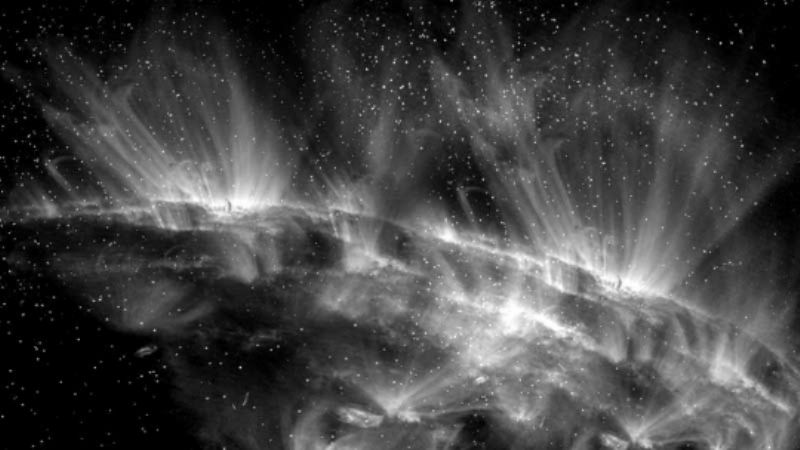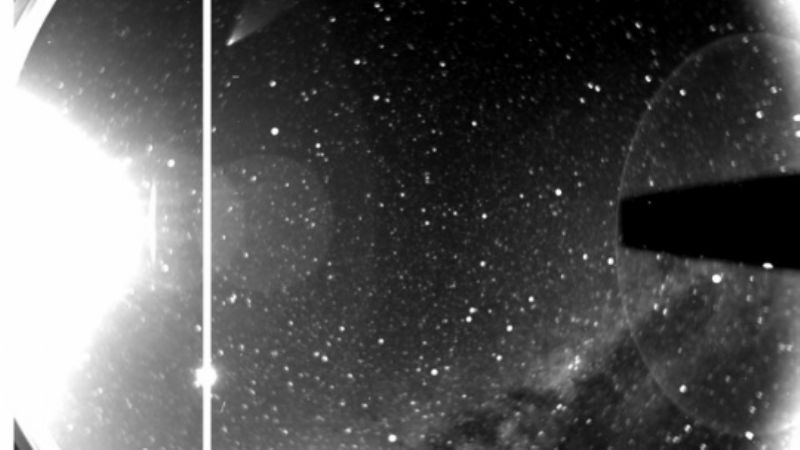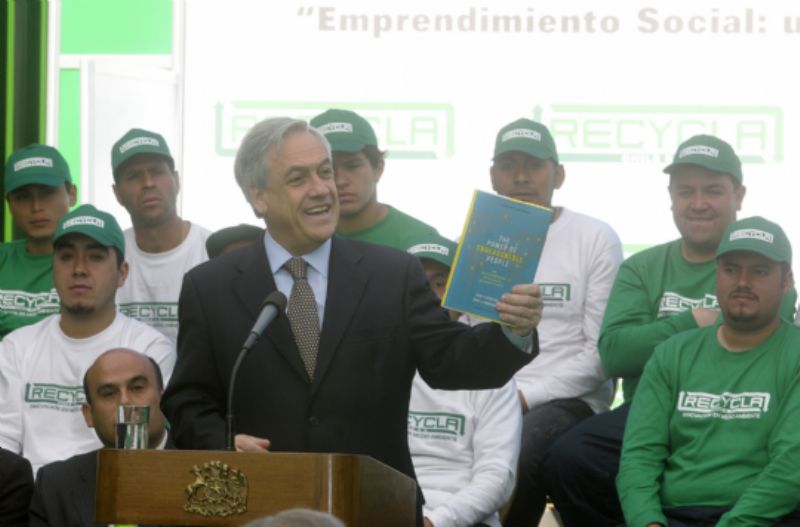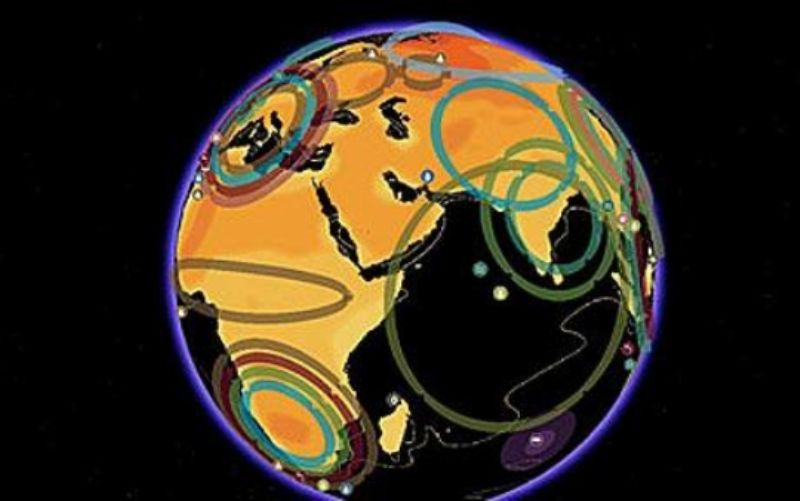 Brilliant Noise (still)
Brilliant Noise (still)  Black Noise (still)
Black Noise (still)
Thanks to Gaia’s invitation, Elaine, she and I enjoyed the BFI ‘In the Shadow of the Sun’ panel discussion this evening, focusing on our brilliant neighbouring star. Among those taking part in the panel was Danny Boyle, who Gaia works for, and whose 2007 film Sunshine – in which the modest challenge is to re-ignite the Sun – was due to be shown later in the evening.
Others taking part in the panel, chaired by Dr Adam Rutherford of Nature, were Professor Brian Cox (whose recent BBC series ‘Wonders of the Solar System’ we loved), Honor Harger (Director of the Lighthouse in Brighton and one one half of the duo Radioqualia) and Dr Lucie Green of UCL’s Mullard Space Science Laboratory, who works with NASA and the Japanese Space Agency.
Among the highlights were brief showings of two films, Brilliant Noise and Black Rain, the second of which I had seen recently a glimpse of in a London museum. I still have in my study the Global transistor radio, made in Japan, which I used to listen to at night under my pillow at Bryanston, tuning into Radio Luxembourg to hear the likes of the Spencer Davis Group with Keep on Running and the Mamas & the Papas with California Dreamin’ – which must make it 1965-66.
I well remember the hiss and static when you switched between stations, particularly in short-wave, and now found that some of the noise I was listening to was the radio roar of the Sun. Some amazing sounds of space from Honor and imagery of the sun from Lucie, including this sequence of a giant charged cloud the Sun sent hurtling our way earlier in the month, taken from the Hinode mission.
A couple of things that stick in my memory: Lucie Green saying that she was getting to know the Sun in all its wavelengths, and Honor Harger talking about an attempt to make a perfume that spoke of the Sun, one that was slightly metallic, smelled of ozone, and made the hairs stand up on the back of your neck, like an oncoming storm.
Oh, and the passion with which Danny Boyle spoke of the Humphrey Jennings book Pandaemonium, in which scientists (before the age of electricity) tried to understand what had happened when a shepherd was struck by a bolt of lightning, that killed many of his sheep but left him apparently intact.



